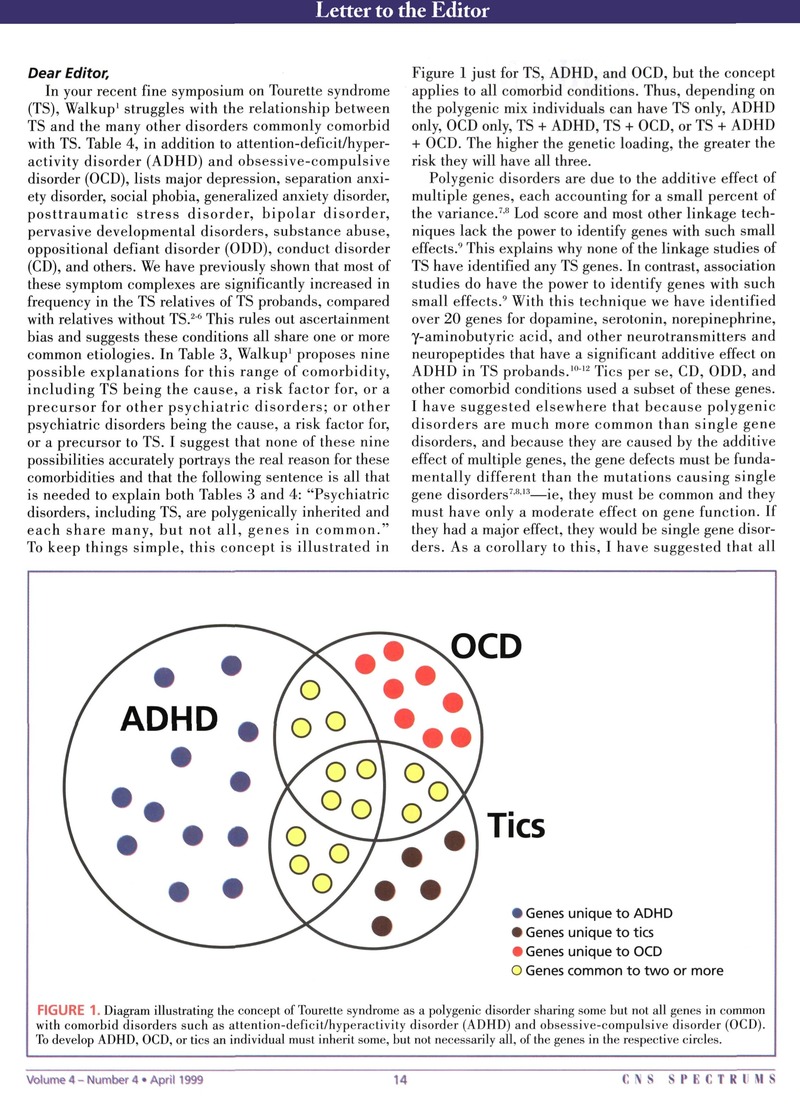Crossref Citations
This article has been cited by the following publications. This list is generated based on data provided by Crossref.
Comings, David E.
and
Blum, Kenneth
2000.
Cognition, emotion and autonomic responses: The integrative role of the prefrontal cortex and limbic structures.
Vol. 126,
Issue. ,
p.
325.



